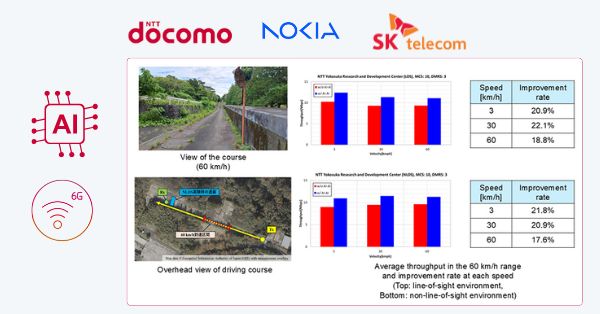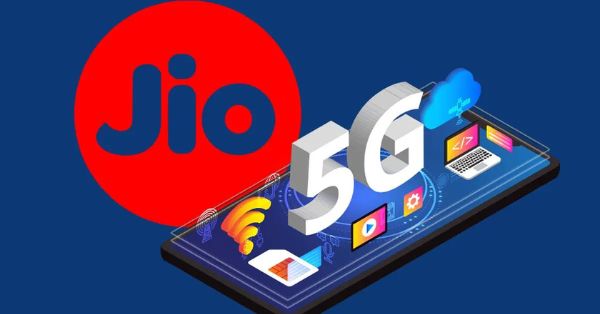Samsung Electronics Co., Ltd., and Naver Cloud announced that the companies have joined together to switch on South Korea’s first private 5G network. Deployed at Naver’s new second headquarters, “1784,” Samsung’s network solution will support Naver’s private 5G commercial service to power cloud-based autonomous mobile robots this month – the world’s first use case of its kind – created to provide convenient services to employees throughout the building.
NAVER Cloud operates the global IT infrastructure and enterprise solution services for NAVER and its subsidiaries while providing its public cloud services, NAVER Cloud Platform, to a myriad of companies and organizations in diverse industries.
Samsung Electronics and Naver Cloud signed a memorandum of understanding (MOU) in March 2022 for a private 5G network collaboration. The companies will continue working together to develop new business models and use cases to expand private 5G networks globally, helping support the buildout of secure and dedicated networks for enterprises using Samsung’s private 5G network solutions and Naver’s cloud technology.
“Naver’s new headquarters serves as a test bed to explore technologies of the future, where 5G network and cloud play a central role,” said Sangyoung Han, Executive Director at Naver Cloud Strategy and Planning at Naver Cloud. “Together with Samsung, we will continue to develop new private 5G networks business models and cooperate to help more companies achieve digital transformation with cloud technology.”
Private 5G Network Enables Cloud-Based Autonomous Mobile Robots
Naver’s autonomous mobile robot services leverage both Naver and Samsung’s 5G technologies to introduce a private 5G use case, bringing immediate benefits within the building. Serving as assistants for employees, the robots provide convenience services such as delivering packages, coffee and lunch boxes to employees throughout the building. There are 40 robots moving around three floors within the 1784 headquarters, with plans to expand to hundreds of robots traveling around the entire 36-floor building this year.
The cloud acts as a shared brain for the robot, named “Rookie,” instead of a built-in chipset. Samsung’s private 5G network plays the role of a neural network that connects the robots and the cloud, enabling the cloud to control and support tens of thousands of robots in real-time and allowing them to be smarter together. In addition, advanced technologies such as digital twin, 3D/HD mapping and AI are applied to help robots learn to find their way inside the building by creating a virtual space that replicates the real world.
The Private 5G Network Solutions
Private 5G solutions are necessary to support enterprises like Naver that require secure and reliable communications for data-intensive mobile applications. The commercial private 5G solutions powering Naver’s application includes Samsung’s Compact Core and 5G radios supporting 4.7GHz and 28GHz spectrums, which are dedicated for private 5G network in Korea. The private 5G radios from Samsung include an optimized uplink allocation feature, with an allocation ratio of up to 40 percent. This latest feature, which nearly doubles the upload capabilities of today’s commercial 5G radios, is designed to help enterprises upload vast amounts of data across many people and machines simultaneously, which is required in many private networks. Additionally, the new radios help enterprises with optimal frequency use by leveraging New Radio-Dual Connectivity (NR-DC) technology, allowing devices or end users to connect to mid-band and mmWave frequencies simultaneously.
“Our collaboration with Naver highlights how we creatively drive business innovation by future technology convergence. We are thrilled to work with Naver to successfully realize our vision with private 5G network solutions,” said Yong Chang, Vice President of Global Sales and Marketing, Networks Business at Samsung Electronics. “Samsung will continue to work with public institutions and enterprises to deliver diverse use cases for transportation systems, hospitals, schools, SOC facilities and more.”
Samsung Networks has pioneered the successful delivery of 5G end-to-end solutions including chipsets, radios, and core. Through ongoing research and development, Samsung drives the industry to advance 5G networks with its market-leading product portfolio from fully virtualized RAN and Core to private network solutions and AI-powered automation tools. The company is currently providing network solutions to mobile operators that deliver connectivity to hundreds of millions of users around the world.




































